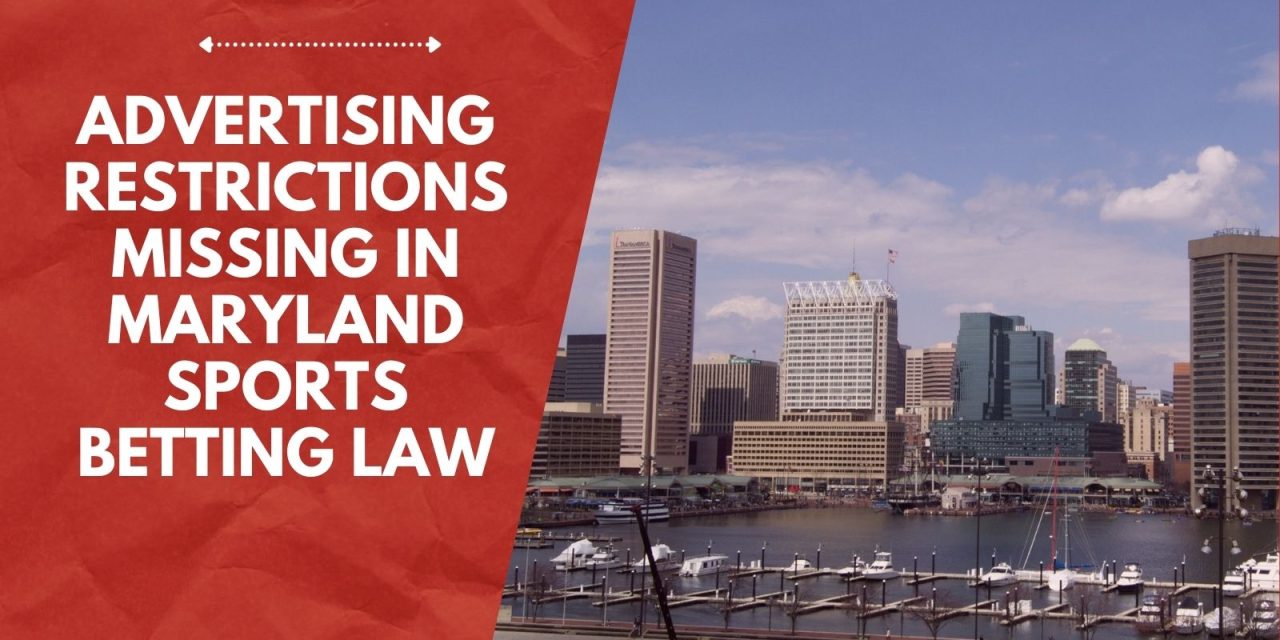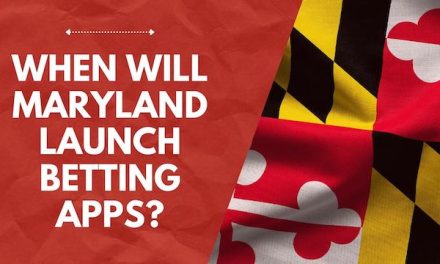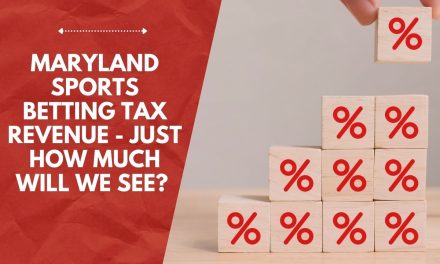By Chris Gerlacher
Advertising restrictions in American sports betting markets are lenient. Popular bonuses called “risk-free bets” are allowed in most states even though the bets aren’t risk-free. Those bonuses require bettors to spend real money to earn site credits.
There’s nothing wrong with requiring customers to put skin in the game. But there is something wrong with calling a bonus that requires customer money “risk-free.”
Maryland sports betting law prohibits sportsbooks from “[engaging] in any false or deceptive advertising.” Many states share this regulation, but few explicitly prohibit “risk-free” advertising language.
However, Ohio has added language to its draft sports betting rules that prohibit false “risk-free” advertisements. Sportsbooks can only call an offer risk-free if it doesn’t require bettors to spend their own money.
Sportsbooks can still offer the type of promotion that’s commonly called a risk-free bet. They just have to call it something that doesn’t imply free money. FanDuel has already changed its risk-free bet to a “no sweat first bet.”
Sportsbooks can offer free site credits for signing up, too. Those may be the only credits that are labeled “risk-free” in Ohio.
Maryland can take this extra step to promote a responsible gaming environment. It clamps down on one of the most common advertising mistakes in the sports betting industry.
However, Maryland can follow Ohio a step further and prohibit another class of gambling ads.
Lessons from Ohio Sports Betting
Ohio’s draft sports betting rules also prohibit sports betting ads that:
“Promote irresponsible or excessive participation in sports gaming, or suggest that social, financial, or personal success is guaranteed by engaging in sports gaming.”
This line prohibits sportsbooks from running ads that tell customers they should stay up all night betting. Sportsbooks also can’t imply that bettors should be placing sports wagers at work during major events. One aspiring Ohio sportsbook brand has already made early mistakes by tweeting out marketing campaigns that bend the lines of ethics under Ohio sports betting regulations.
These tweets have been Implying bettors should spend extended amounts of time betting may not seem like an important marketing concern. It’s probably not worth denying a company a sports betting license over, either. This Twitter content has focused more heavily on baseball analysis and content in the past three to four weeks. So, it has improved its marketing.
Prohibiting these kinds of ads is important because it keeps sportsbooks from inadvertently promoting gambling myths.
One common myth is that bettors can win more if they play longer. That’s false because gambling companies stack long-term odds against customers. That’s how gambling companies make money.
Any content that implies that a gambling myth is true is a small failure of marketing regulation. Not every bad tweet is responsible for problem gambling. But a failure to keep these types of ads out of the marketplace allows gambling myths to seep into the public consciousness from a source that should be preventing it.
Advertising Restrictions in Maryland Sports Betting
Modernizing sports betting isn’t just about fancy apps and diverse business concepts. It’s also about keeping misleading ads out of legal gambling industries. Advertising restrictions mitigate messages that make gambling myths seem reasonable.
Maryland has focused on creating a modern competitive sports betting industry. It did its due diligence in its diversity study to not repeat its mistakes in launching its legal marijuana industry. It made more sports betting licenses available than most US markets to encourage competition.
Robust marketing regulations must become staples of a modern sports betting industry. It should proactively stamp out gambling myths, whether they’re quick tweets or billboard ads, accidental or intentional.
Further, marketing regulations should be part of the larger safety net that states put in place to combat problem gambling. Adequate problem gambling funding and accessible treatment are the first two ways states receive judgment on their problem gambling responses. But stopping sportsbook marketing from propagating gambling myths plays a small role in problem gambling prevention.








Recent Comments